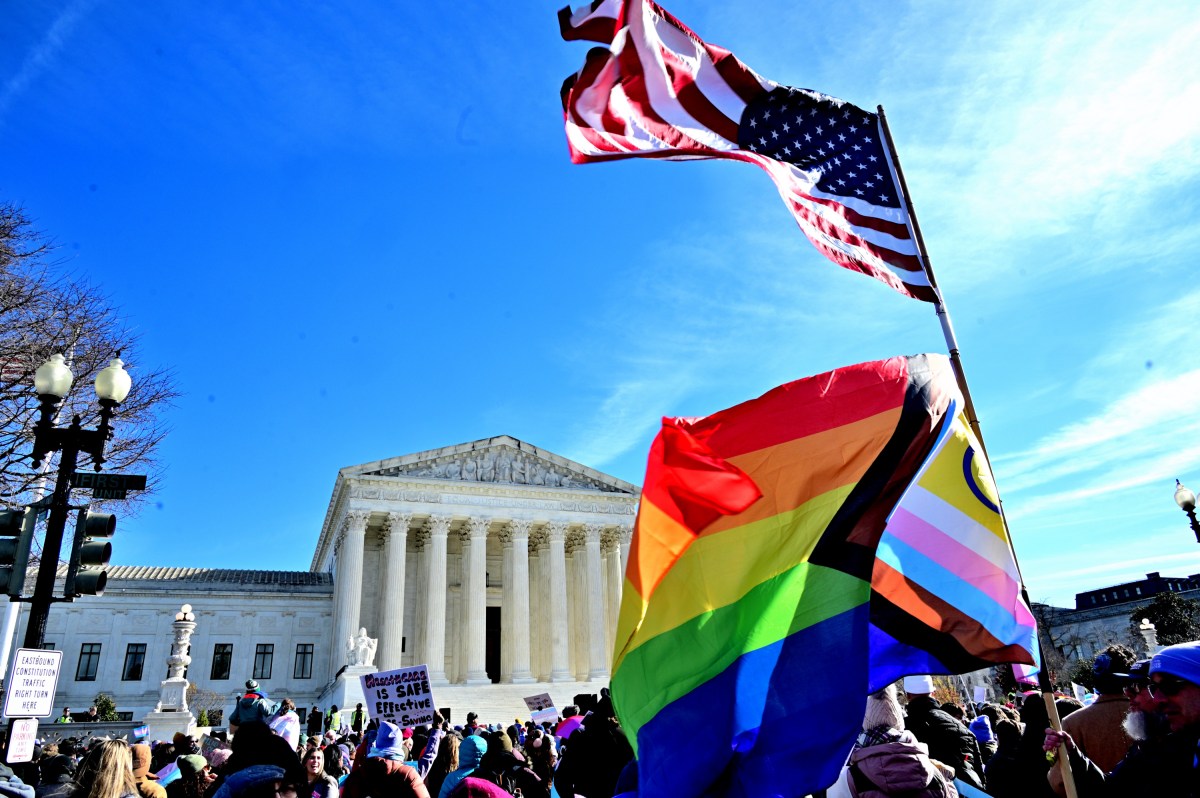Last week, the Guyana cabinet dropped a political bombshell on the nation, announcing that it would be purchasing pirated textbooks for use in public schools nationwide from local dealers widely known for stealing copyrighted material from publishers around the world.
The infamous Cabinet Secretary Roger Luncheon, who remarked during a celebrated libel case last year that no Black Guyanese is worthy of representing the country as an ambassador, was equally frank on the textbooks issue, telling reporters that government has chosen to buy books from local printeries because it is simply cheaper to do so.
The move has sparked a major international row, with the umbrella British Publishers Association sending a statement through local newspapers threatening a major lawsuit against government. Luncheon and cabinet remain unmoved, arguing that pirated volumes costs about $3.00 per copy compared to $10.00 each if sourced from the UK, the US or anywhere else.
So authorities have made a deliberate decision to bypass the legal system and deal with illegally sourced textbooks for the public schools system. In doing so over the years, the policy has forced the extinction of all but one major legitimate city bookstore which says it is struggling to cope with the onslaught from volumes copied using Xerox machines and printing presses.
Luncheon said the books are of “good quality and come at a better price.” Copyright or not, the procurement from local dealers who are openly stealing copyrighted material from publishers around the world, was based on value for money, he said, adding: “I think that is the way in which we justify the approach that is being made.”
Angered by the move, the British publishers group that include Random House and Oxford University Press lashed back by saying it will quickly round-robin its members to determine its next course of action, while making it clear that legal action is at the front of its thought.
“The cabinet decision in Guyana to procure pirated textbooks is an indisputably illegal act. This decision is in contravention of Guyanese, law and the Treaty of Chaguramas (that set up Caricom) and the International Berne Convention.
It said the Publishers Association will “be assessing its legal options to ensure that an end is put to this unlawful behavior,” calling the price justification “totally redundant and disingenuous, if not hypocritical.” Schools reopened country-wide two weeks ago.
Guyanese copyright laws date back to the Colonial era and the governing People’s Progressive Party (PPP) has persistently resisted calls to update legislation, contending it is of low priority.
As an indication of how lucrative the photocopying business is for its mostly Indo-Guyanese supporters with printing presses, recent bids for supplies reached up to $1.2M for books this year.
The announcement has sparked widespread condemnation in Guyana with critics saying it only proves that government has no problems supporting criminality and illegality of any kind, be it drug-trafficking, support for private death squads and now the stolen text book scheme.



















